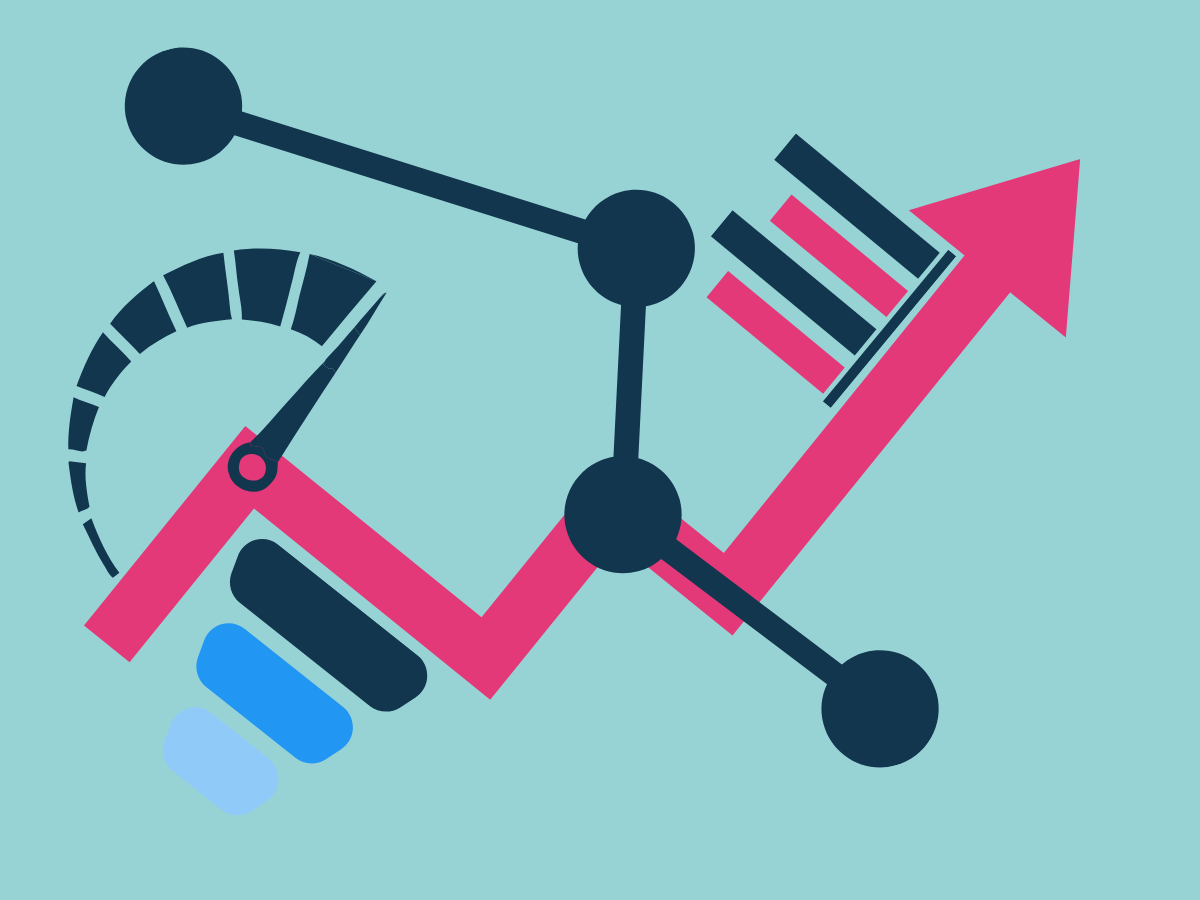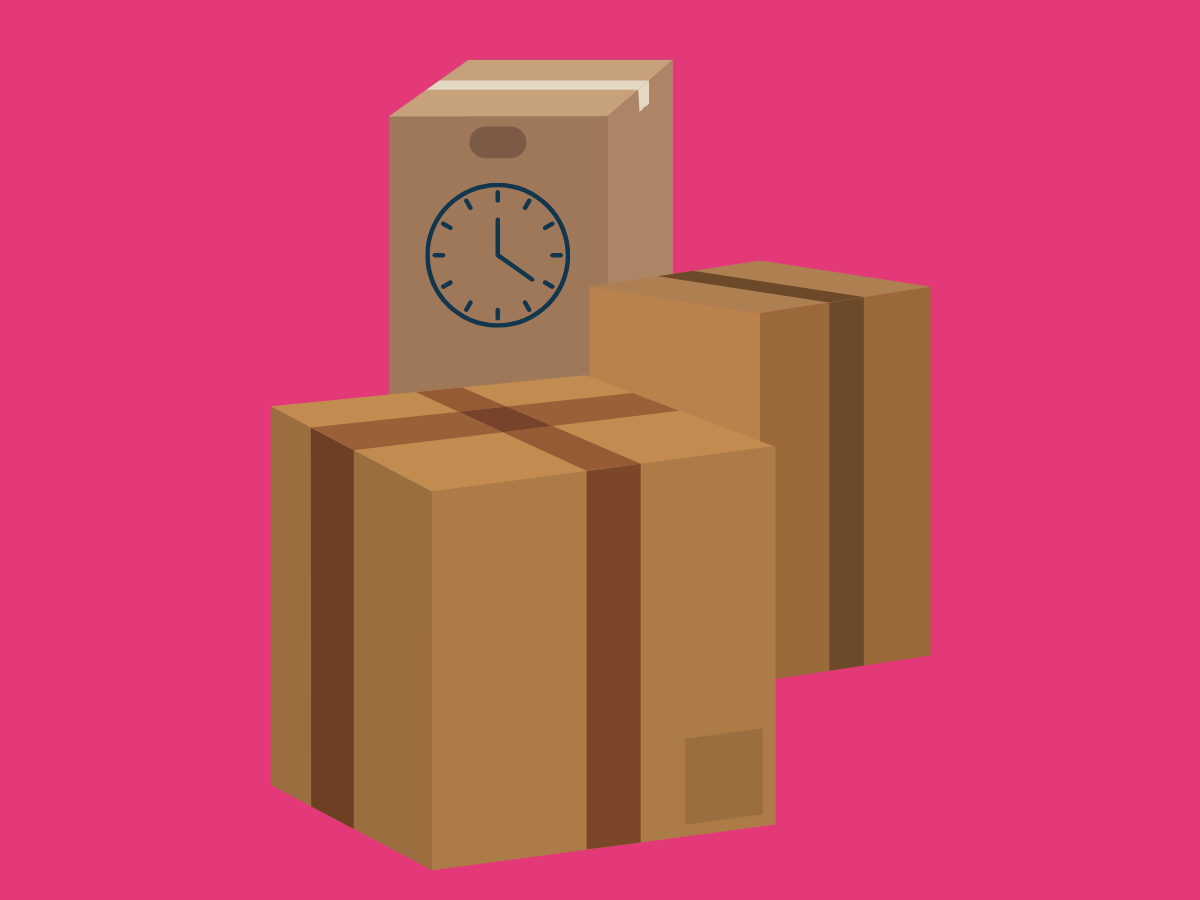Spaving or Stretch and Saving? Another way to maximize revenue

You’ve heard of shrinkflation when brands make their products smaller, often undetectably, and charge the same price. You may also have heard of skimpflation, when products remain the same size but are made with cheaper ingredients.
There's a new trend doing the rounds - and it's called spaving. To us at RevLifter, this isn't a new thing. It's another name for what we call a Stretch and Save campaign.
This intriguing blend of "spending" and "saving" lures consumers with offers like "You’re $10 away from free shipping!" encouraging them to spend more to save more.
In eCommerce, spaving, or Stretching and Saving, can be a powerful strategy for boosting conversions and increasing customer spending.
What is spaving?
Spaving involves enticing customers to increase their cart value to qualify for a promotion, such as free shipping or a discount. The idea is to make customers feel they are saving money by spending more.
This tactic increases the average order value (AOV) and the number of items per order and enhances the shopping experience by providing perceived value.
Benefits of spaving
Increased conversions
Offering incentives like free shipping or discounts can turn window shoppers into actual buyers.
Higher AOV
Encouraging customers to add more items to their cart and increase basket values can significantly boost your revenue.
Customer loyalty
Offering better value through promotions can increase customer satisfaction and encourage repeat purchases.
What are Stretch and Save campaigns?
Stretch and save campaigns are tiered pricing or volume discounts, the same as spaving. These offers encourage customers to purchase more items by offering a discount for buying in bulk or adding complementary products.
For example, a clothing retailer may offer 20% off purchases of three or more items, or a beauty brand may provide free delivery if a customer spends over £100.
Why are Stretch and Save campaigns effective?
Stretch and Save campaigns tap into consumer behavior by using the psychology of perceived value. Customers feel like they are getting a better deal by spending more money upfront, even if they spend more overall.
These promotions can also create a sense of urgency and scarcity, encouraging customers to buy now to take advantage of the offer before it expires.
How to implement spaving or Stretch and Save
To use this approach in your eCommerce strategy, you can try these:
Free shipping thresholds
Set a minimum cart value for free shipping. For example, "Free shipping on orders over $50." This encourages customers to add more items to their cart to qualify for free shipping.
Discounts on bulk purchases
Offer discounts for purchasing multiple items. For instance, "Buy 3, get 20% off."
Limited-time offers
Create urgency with countdown timers and limited-time promotions to encourage immediate purchases.
Personalized recommendations
Analyze customer behavior and provide customized product recommendations that link relevant products, and use an incentive to drive the outcome. This can be done using platforms like Shopify or BigCommerce.
Cross-selling and upselling
Suggest complementary products or higher-value or higher-margin items during checkout.
Loyalty programs
Reward customers for repeat purchases with exclusive discounts or incentives, such as free delivery. This will boost sales and build customer loyalty.
A/B testing
Test different types of promotions to see which resonate best with your audience. For example, compare the effectiveness of free shipping versus percentage discounts or value discounts.
Data analysis
Use tools like Google Analytics to track the performance of your promotions. Analyze your strategies to optimize conversion rates, AOV, and customer retention metrics.
Example: River Island's multi-buy campaign

River Island wanted to expand its footprint in the US and encourage customers to explore its range and increase their cart value. The brand observed that customers often made single-item purchases after clicking on paid social ads.
With the help of Team RevLifter, River Island implemented a multi-buy campaign offering "10% off" for customers engaging with specific paid social posts and PPC ads.
This strategy successfully increased the AOV and encouraged customers to explore more products, demonstrating the effectiveness of spaving in boosting conversions and revenue.






